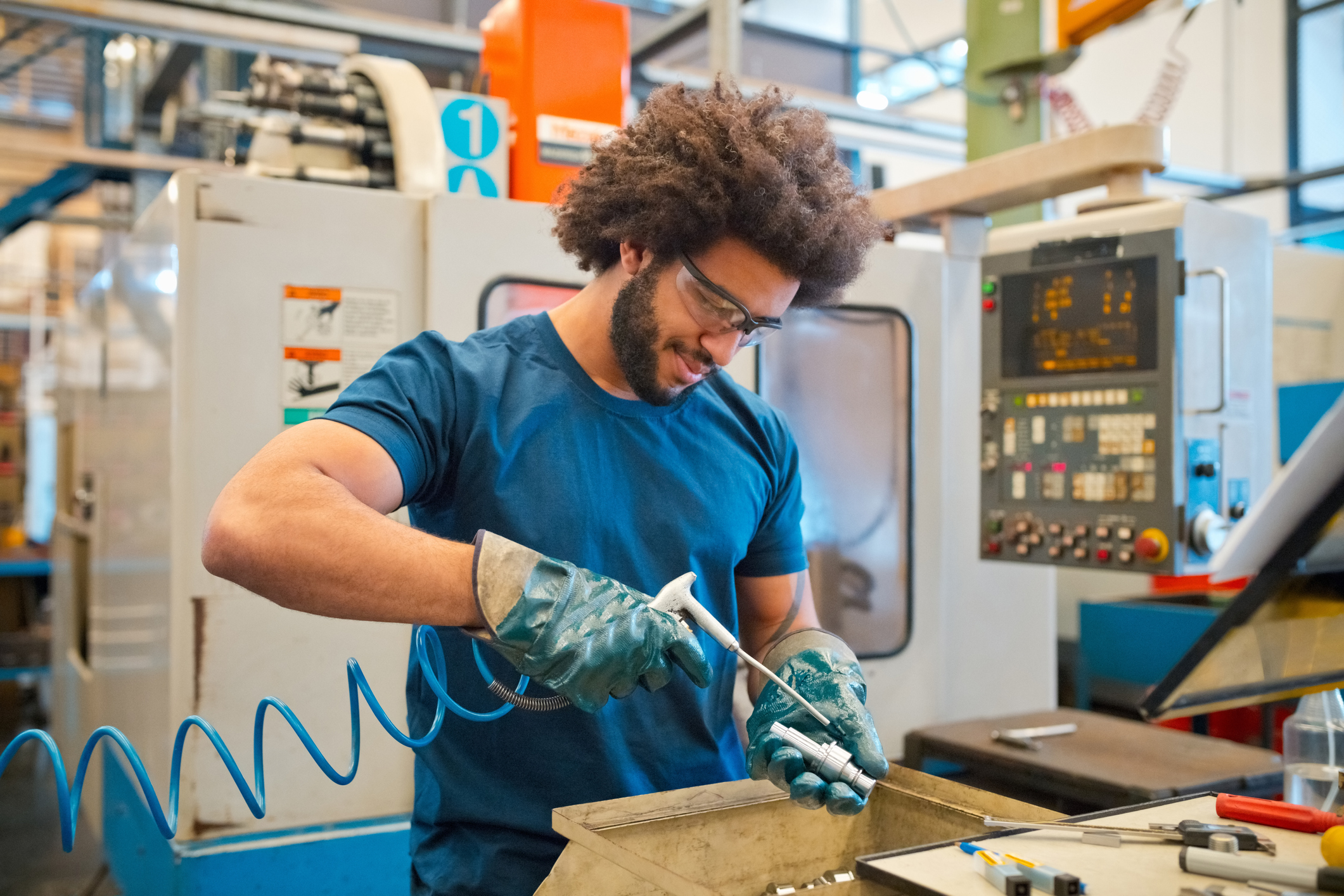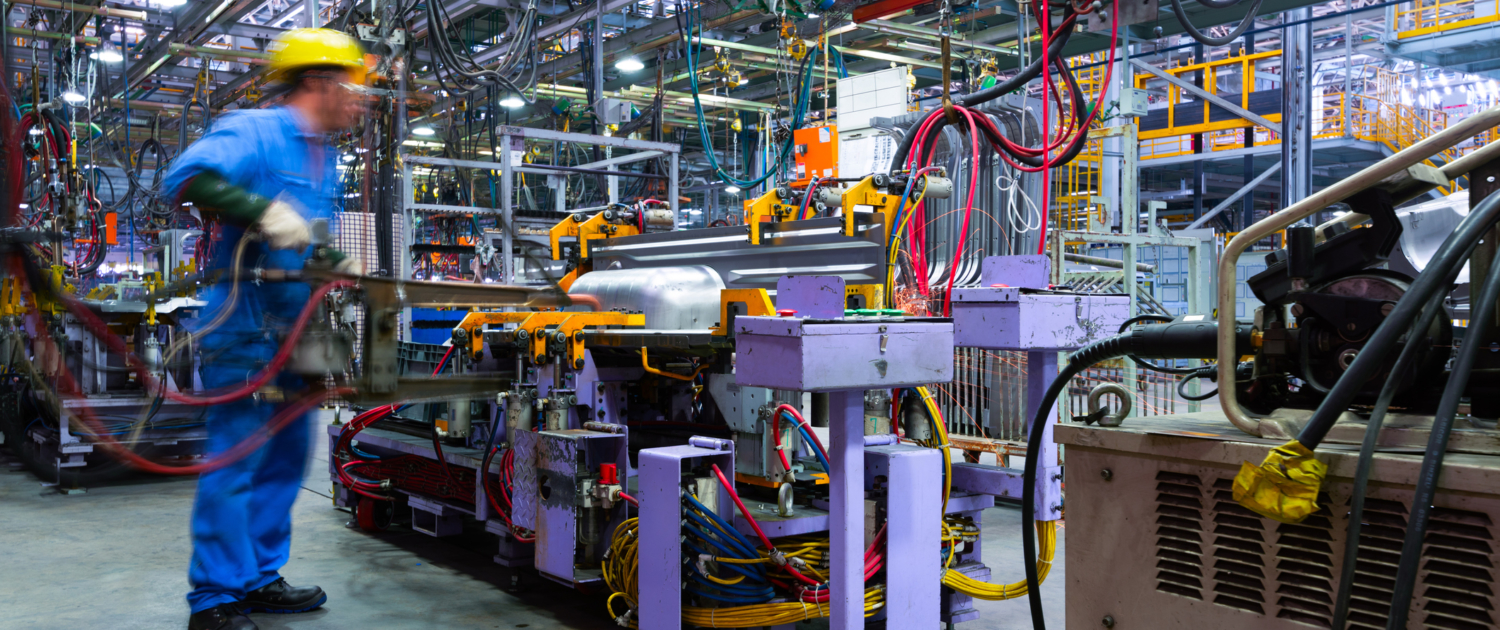Choosing the Right Calibration Partner: A Comprehensive Guide
15 August 2024
The latest articles from our calibration technicians and experts.
15 August 2024

22 February 2024

22 February 2024

10 January 2024

2 March 2023

14 February 2023

15 July 2022

6 December 2021

8 November 2021

11 October 2021